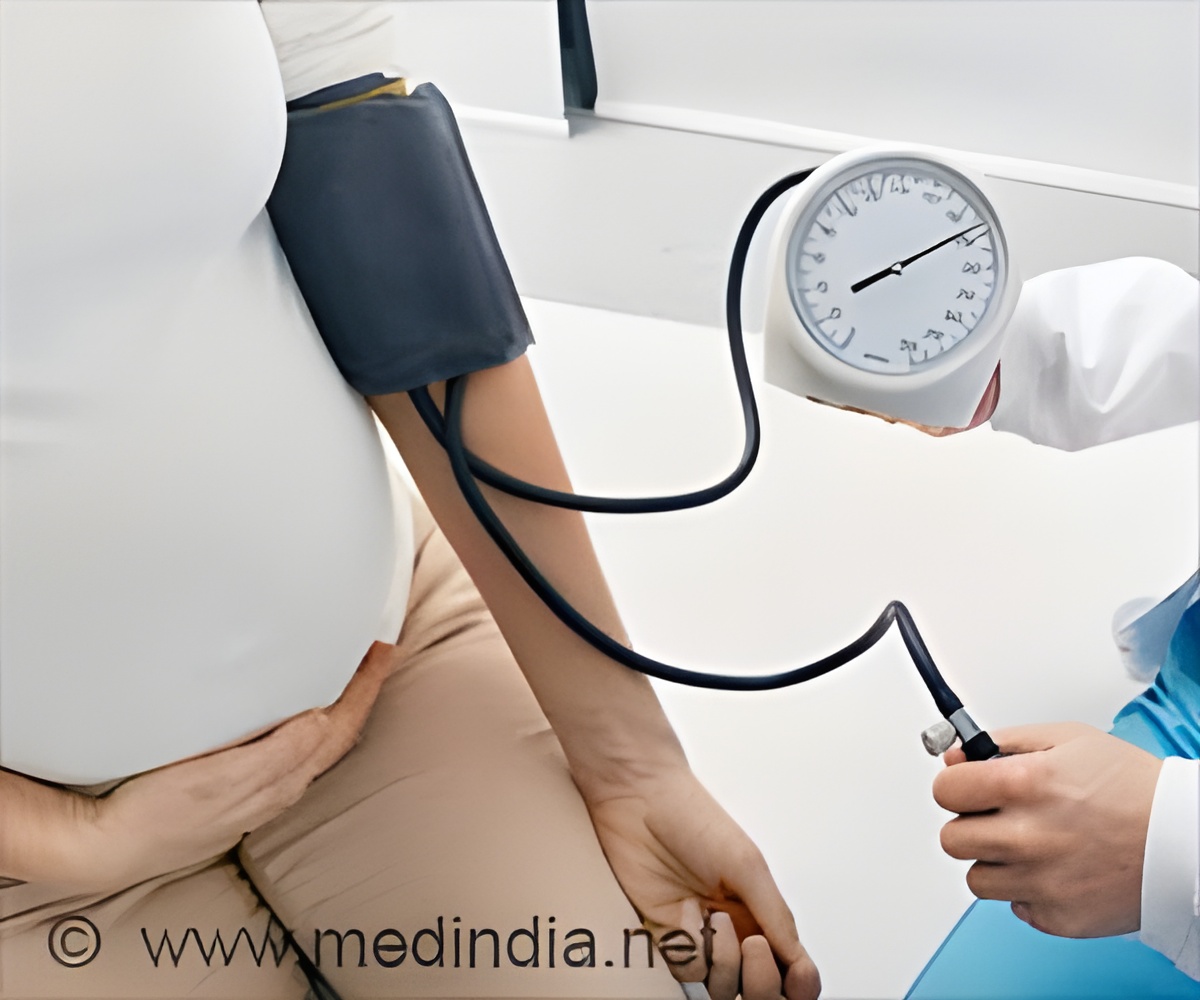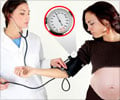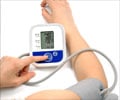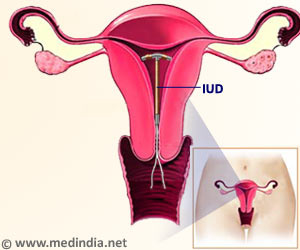After pre-eclampsia, women should adopt a heart-healthy lifestyle and seek regular CV risk assessments.

Evaluation of the age-related prevalence of cardiovascular risk factors to guide systematic long-term follow-up after preeclampsia
Go to source). Pre-eclampsia typically affects 2−5% of pregnant women and is broadly defined as the development of hypertension and high protein levels in the urine of a woman with previously normal blood pressure. In addition to the short-term risk to fetal and maternal health, pre-eclampsia is associated with an approximately doubled risk of cardiovascular disease (CVD) and stroke.
‘Research reveals a higher likelihood of #hypertension, #diabetes, and high #cholesterol after pre-#eclampsia compared to normal #pregnancies. #pregnancy_complications’





Gap in Post-Pre-eclampsia Cardiovascular Risk Assessment Guidelines
“Despite the known long-term risks after pre-eclampsia, guidelines do not include specific recommendations on the necessity, timing and frequency of systematic CV assessment, which is likely due to a lack of empirical data,” said study author Emma Janssen from the Maastricht University Medical Centre, Netherlands, who continued: “As part of the Queen of Hearts study, we aimed to investigate the long-term prevalence of CV risk factors in women who experienced pre-eclampsia compared with normotensive pregnancies with no increased blood pressure to help guide proactive assessment, which in turn, may lead to more timely implementation of preventive strategies.”In this retrospective cohort study conducted in Netherlands, data were collected from adult women with a history of pre-eclampsia (within a postpartum interval of 0.5–30 years) and from healthy women with a history of uncomplicated normotensive pregnancies. Cross-sectional postpartum assessment included medical history and physical examination, 30-minute blood pressure measurements, blood and 24-hour urine sampling, vascular function evaluation, electrocardiography and echocardiography.
A total of 1,040 women after pre-eclampsia and 518 women after normotensive pregnancies were included. These risk factors occurred, on average, 8 years earlier in the pre-eclampsia group (39±9 years) compared with the normotensive group (47±8 years). In addition, the prevalence of hypertension increased more steeply with ageing after pre-eclampsia than after normotensive pregnancies (p for interaction=0.044). In women after pre-eclampsia from the age of 35 years onwards, hypertension reached the CVD risk cut-off (prevalence ≥10%) that is deemed sufficiently high to warrant systematic CVD risk assessment.
Mrs Janssen summarised the findings: “In women who have experienced pre-eclampsia, CV risk factors occur almost a decade early, predominantly, but not exclusively, due to the premature and accelerated development of hypertension. Systematic CV risk assessment is warranted from 35 years of age and should be repeated regularly, at least every 5 years, to enable these women to receive appropriate preventive measures to reduce their high risk of CVD and potential sequelae.”
Dr. Chahinda Ghossein-Doha from the Erasmus University Medical Centre, Rotterdam, Netherlands, who is the principal investigator of the Queen of Hearts study concluded: “After their pre-eclampsia is managed, these women often fall through the net, without being referred for specialised follow-up. We need to be monitoring these young women regularly to detect any increase in risk factors in a period of their life when such an accumulation may be unexpected.
Advertisement
- Evaluation of the age-related prevalence of cardiovascular risk factors to guide systematic long-term follow-up after preeclampsia - (https://esc365.escardio.org/presentation/297773)
Source-Eurekalert















